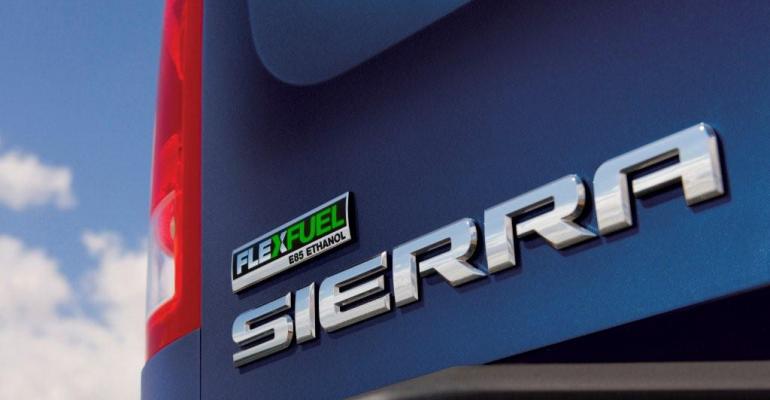DETROIT – Global auto makers agree on the best, big-picture strategies for weaning the U.S. from foreign oil, but there remain considerable differences on the long-term benefits of specific technologies.
Technology experts from General Motors, Ford, BMW and Toyota speaking at the SAE World Congress here agree internal-combustion engines will continue to dominate for the next 10 or 20 years and then gradually be replaced by electrified vehicles. But they offer distinct views of how this evolution will take place and what types of technologies will be used in the interim.
Rolf Stromberger, vice president-Business Environment & Public Affairs Strategy at BMW of America, says the German auto maker is confident diesels will continue to grow in the U.S. because oil burners still offer 20%-25% better fuel economy than the auto makers’ gasoline engines, which continue to improve.
BMW also is rolling out families of electric, hybrid-electric and plug-in electric vehicles, but Stromberger says the lack of a public charging infrastructure could severely limit the adoption of EVs in the foreseeable future.
Justin Ward, advanced powertrain program manager at Toyota Motor Engineering & Mfg. North America is bullish about the prospects for HEVs, PHEVs and hydrogen-powered EVs. He says it will be possible to establish an economically sustainable network of hydrogen refueling stations in the U.S. sometime after 2015.
Coleman Jones, biofuels implementation manager at General Motors, is less optimistic about alternatives to current technologies because they all must offer the same utility and ease of use of current products but be offered at a lower price to entice consumers to change.
Jones says even the relatively simple replacement of gasoline or diesel with biofuels or compressed-natural gas is fraught with difficulties. There are distribution and accessibility issues with CNG and supply issues with some biofuels such as biodiesel.
BMW’s Stromberger adds that creating biofuel blends that use significant percentages of ethanol or biodiesel also can create labeling problems and cause confusion with consumers.
Too much of the dialog around oil alternatives is driven by wishful thinking and few understand their true costs, Jones says.





